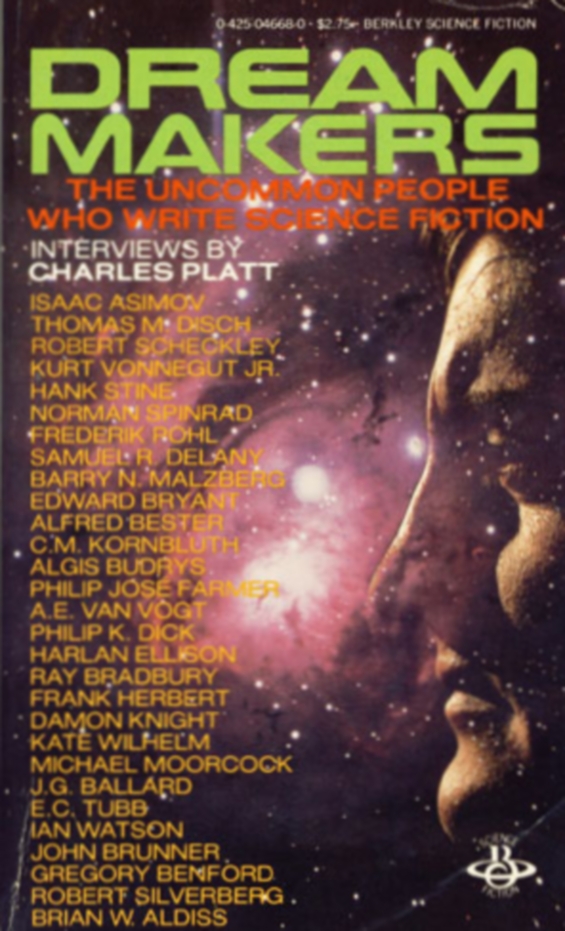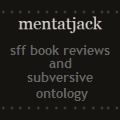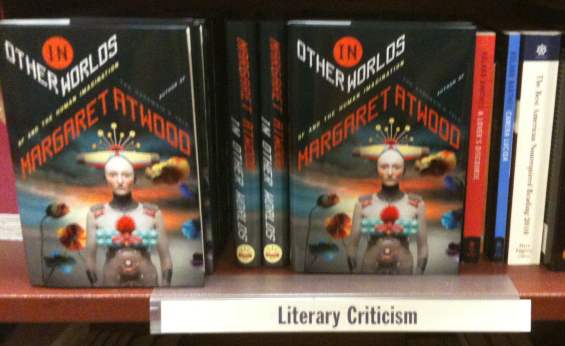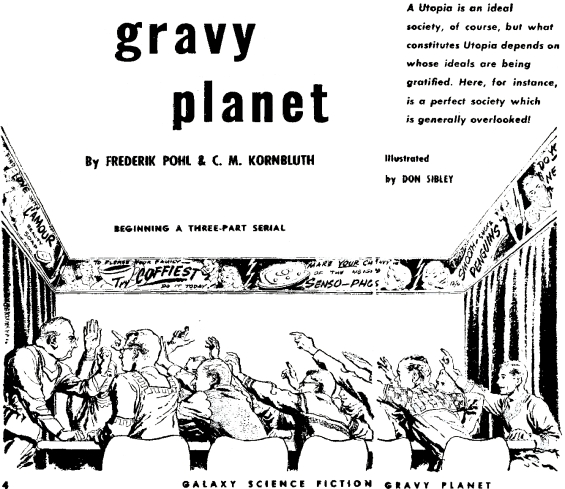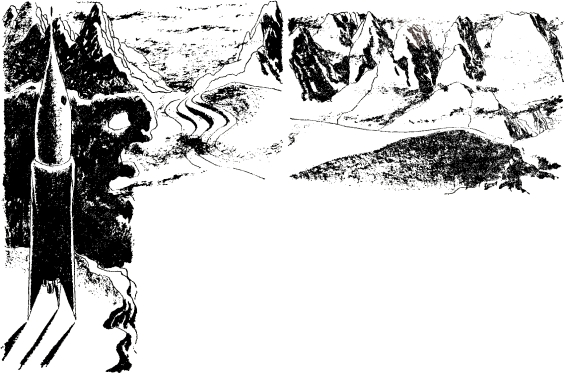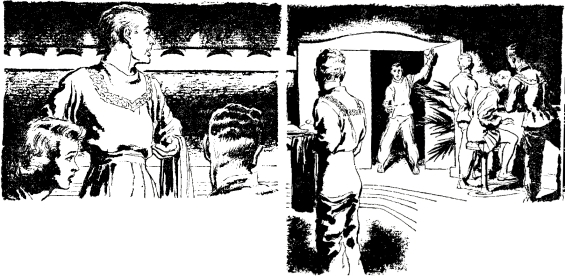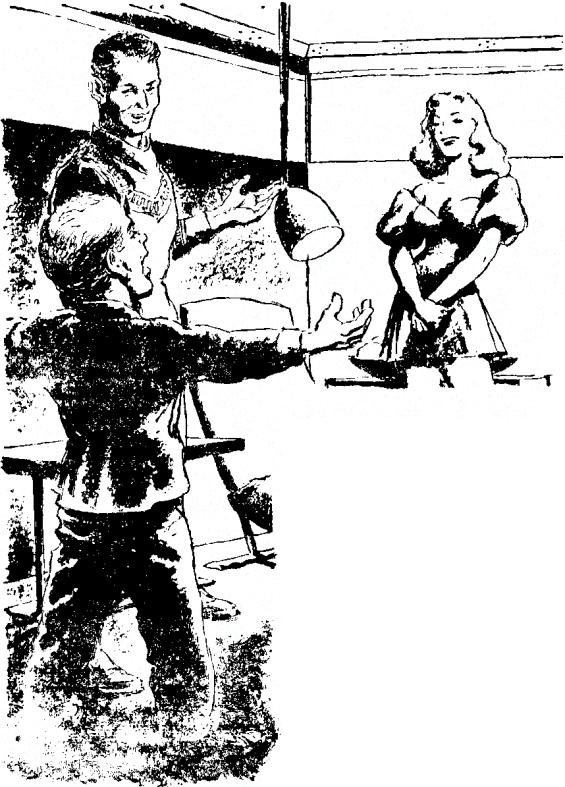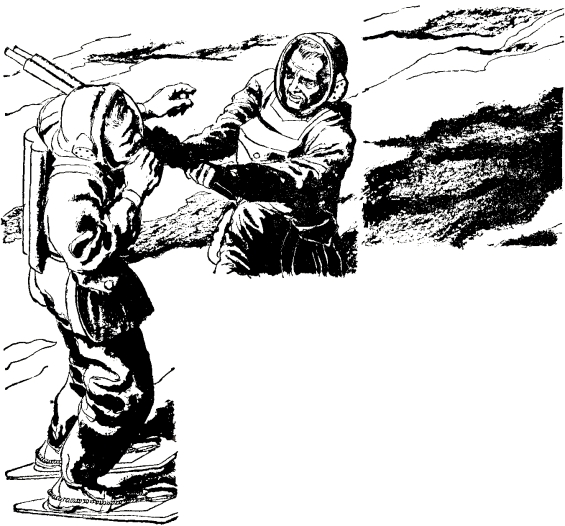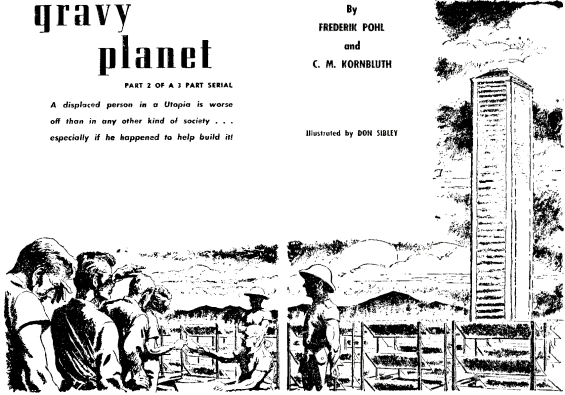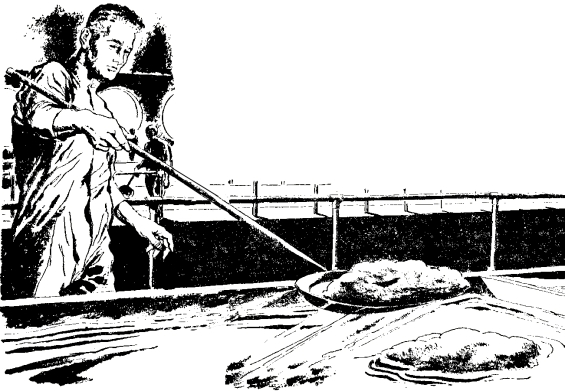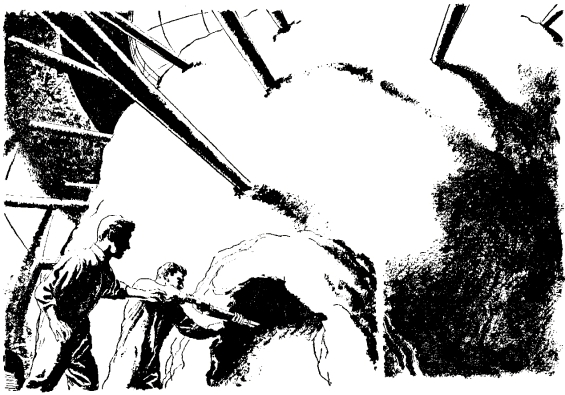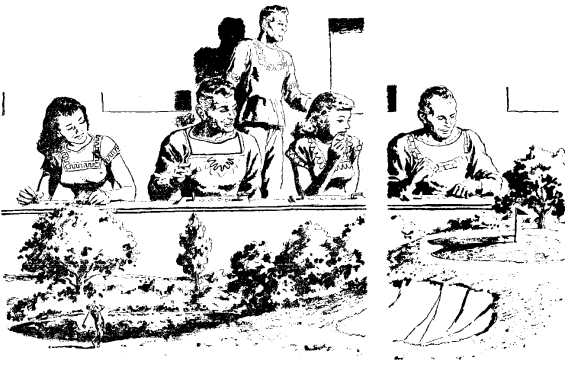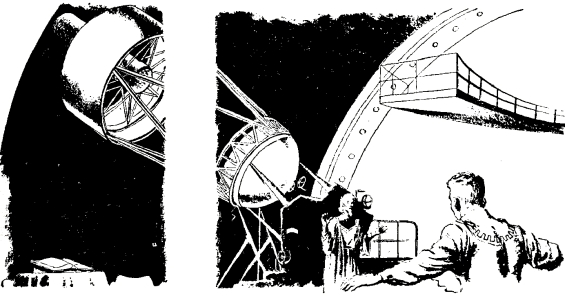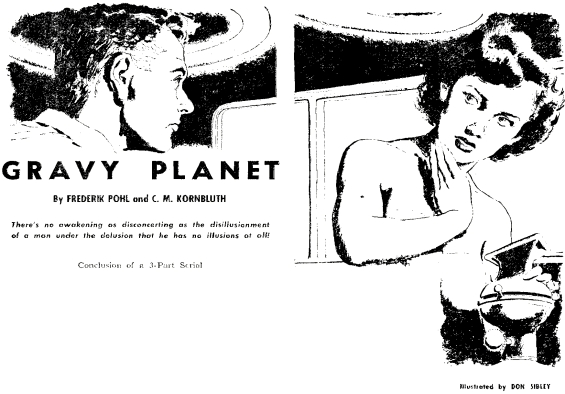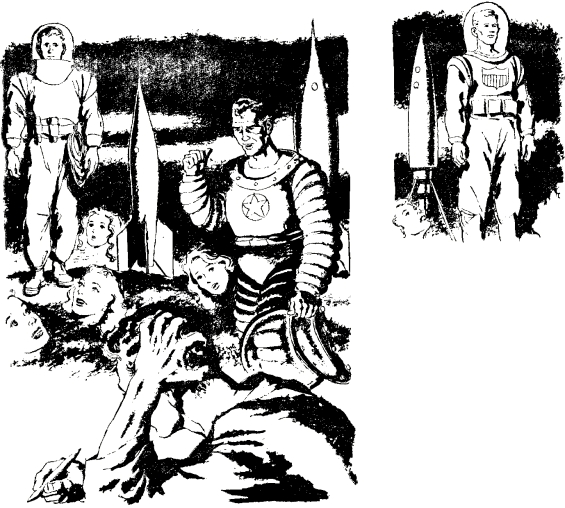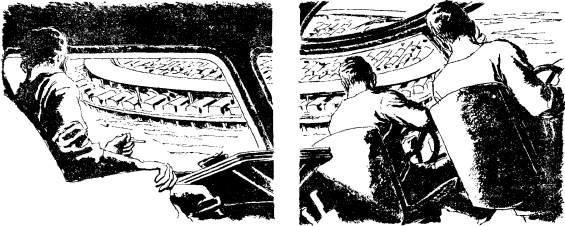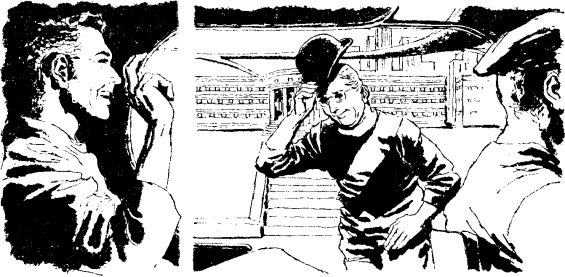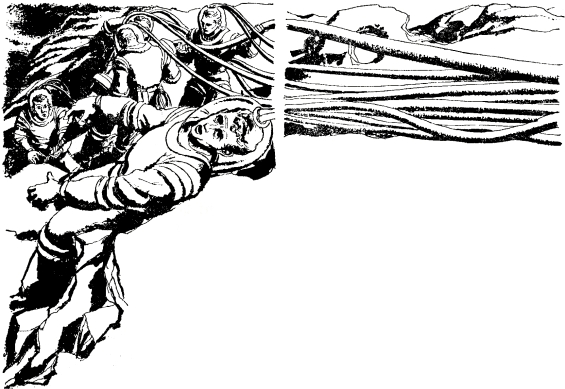
Our good friend, Professor Eric S. Rabkin, is teaching one of the free summer Coursera courses. It’s entitled Fantasy and Science Fiction: The Human Mind, Our Modern World and all of the required readings, except for two of the novels, are available free online!
Here’s the official description:
Fantasy is a key term both in psychology and in the art and artifice of humanity. The things we make, including our stories, reflect, serve, and often shape our needs and desires. We see this everywhere from fairy tale to kiddie lit to myth; from “Cinderella” to Alice in Wonderland to Superman; from building a fort as a child to building ideal, planned cities as whole societies. Fantasy in ways both entertaining and practical serves our persistent needs and desires and illuminates the human mind. Fantasy expresses itself in many ways, from the comfort we feel in the godlike powers of a fairy godmother to the seductive unease we feel confronting Dracula. From a practical viewpoint, of all the fictional forms that fantasy takes, science fiction, from Frankenstein to Avatar, is the most important in our modern world because it is the only kind that explicitly recognizes the profound ways in which science and technology, those key products of the human mind, shape not only our world but our very hopes and fears. This course will explore Fantasy in general and Science Fiction in specific both as art and as insights into ourselves and our world.
This course comprises ten units. Each will include a significant reading, typically a novel or a selection of shorter works. I will offer video discussions of each of the readings and also of more general topics in art and psychology that those readings help illuminate. Each unit will include online quizzes and ask you to write a brief essay offering your own insights into the reading. In order, the units are:
Grimm — Children’s and Household Tales
Carroll — Alice’s Adventures in Wonderland and Through the Looking-Glass
Stoker — Dracula
Shelley — Frankenstein
Hawthorne & Poe — Stories and Poems
Wells — The Island of Dr. Moreau, The Invisible Man, “The Country of the Blind,” “The Star”
Burroughs & Gilman — A Princess of Mars & Herland
Bradbury — The Martian Chronicles
LeGuin — The Left Hand of Darkness
Doctorow — Little BrotherIn Unit I, the specific stories are the ones in the Lucy Crane translation (1886) which was published by Dover and is available online through Project Gutenberg (http://www.gutenberg.org/ebooks/5314). In Unit V, the specific readings are: Hawthorne’s “The Birthmark,” “Rappaccini’s Daughter,” “Dr. Heidegger’s Experiment,” and “The Artist of the Beautiful“; Poe’s “The Fall of the House of Usher,” “The Tell-Tale Heart,” “The Black Cat,” “The Facts in the Case of M. Valdemar,” “The Bells,” “The Raven,” “Annabel Lee.” All the readings except Ray Bradbury’s The Martian Chronicles and Ursula K. LeGuin’s The Left Hand of Darkness will be available online at no charge.
[thanks Jenny!]
Posted by Jesse Willis


